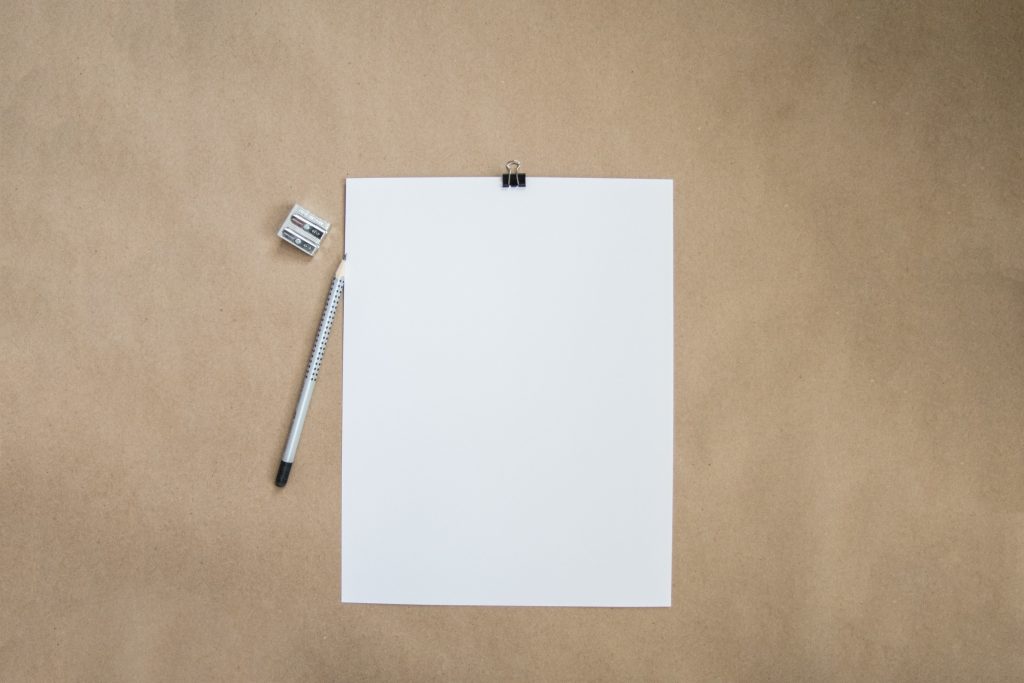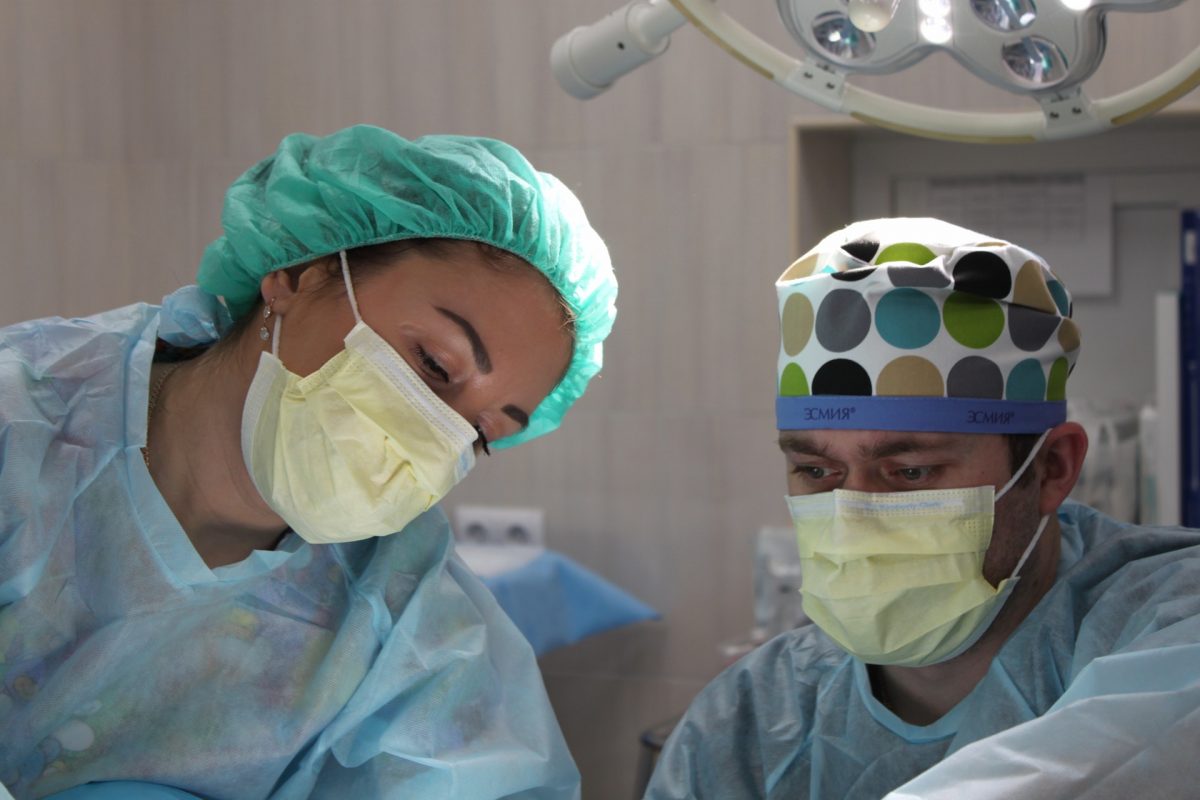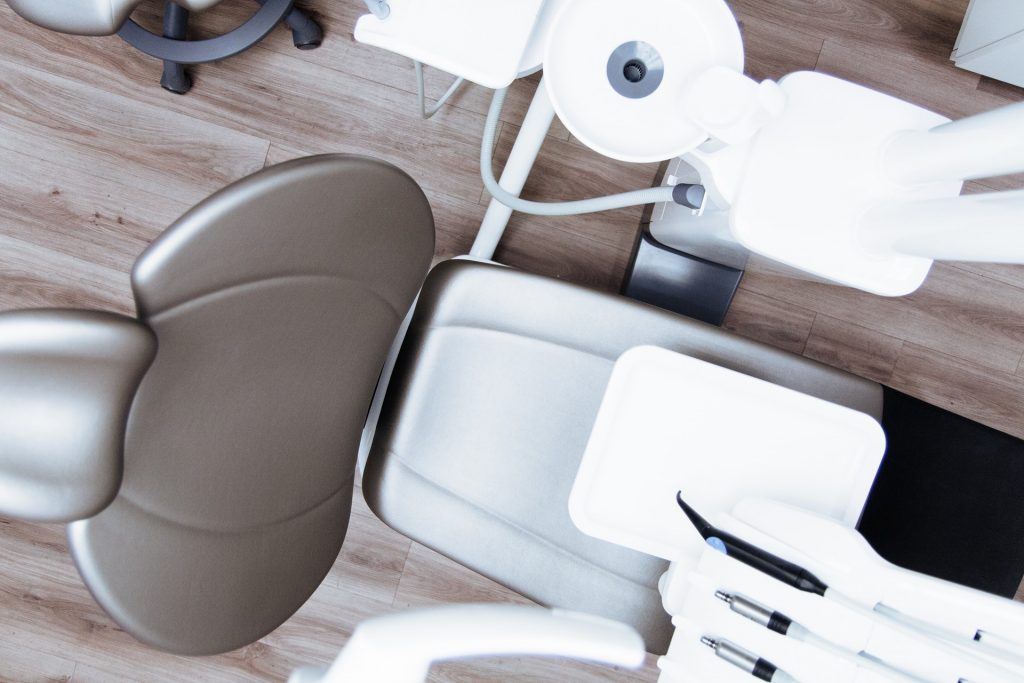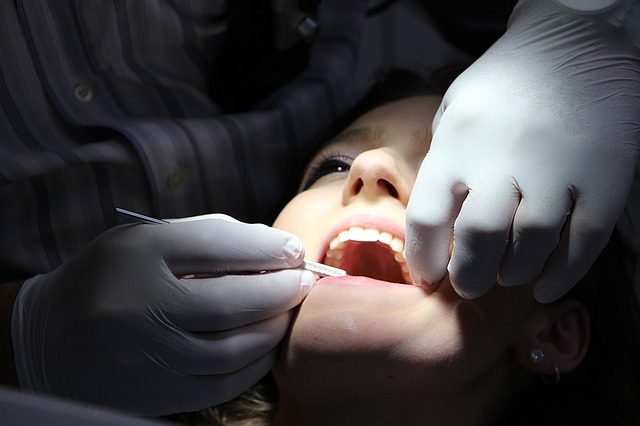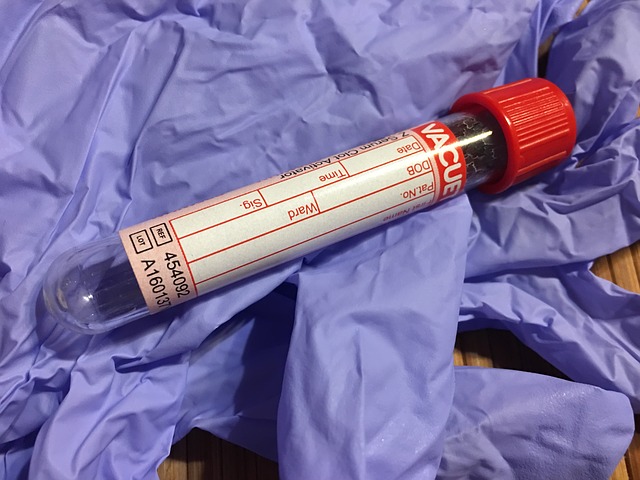Discover crucial baby health care tips that will help you more with your little one. As parents, we all want what’s best for our children. Get started today by reading all the essentials about baby health care!
Babies need care and support regularly until they are old enough to cater for themselves. However, the requirement for baby health care is more important when winter draws near. When the temperature of the atmosphere is low, diverse processes are activated within the body, which provides safety for the organs.
Key Baby Health Care Tips
A good percentage of the energy which is produced is used to regulate the temperature of the body. The winter season is the ideal period for viruses and microbes to bloom, and babies are most susceptible to having their immune system weakened. You can also employ the use of baby health products such as babies probiotics and baby health trackers, which detects if there are baby health problems, but you should also take into account some tips.
Make Use Of A Humidifier

This is one of the best ways to safeguard the health of your baby, especially when the temperature is likely to reduce drastically. Instead of using conventional heating systems, which will make the room and the skin of your baby dry, because of the absence of water vapor.
For you to regulate the moisture levels in your room, and ensure it is kept at an optimal level, which would be suitable for your baby, you need to use a humidifier.
Make Use Of A Moisturizer
This is a basic baby health care piece of advice. The skin of a baby is more sensitive than an adult’s. When the weather is not favorable, it acts adversely on the skin of a baby. We can still manage ourselves during winter, but it gets very uncomfortable for babies. To solve this issue, all you need do is ensure the skin of your child is kept as soft as possible.
One way you can achieve this is to use skin creams, which are made particularly for babies, or perhaps a skin lotion. Use products which have a high butter and milk cream content. You can also decide to opt for milk cream because it avails you a natural way of maintaining the texture and glow of your baby’s skin.
Don’t Use Many Products

This is another basic baby health care piece of advice. One mistake which parents often make is, they use many products, thinking their combined effects would be instrumental in safeguarding the health of their babies during winter. This does not usually work out as planned, as the health of the baby stands to be endangered if lots of products are used. Parents are advised to stick just to creams and lotions.
Some parents make the mistake of giving their babies one bath too many, and this bares their skin to shampoos and soaps. With this, their skin is rid of the remaining moisture on their bodies, and it makes their skin drier than before. This does not undermine the fact that bathing during winter is enjoyable, but babies should be exposed to soaps once or twice a week.
Massage The Body Of Your Baby Thoroughly
This is an essential baby health care tip. Irrespective of the season you birthed your baby, it is highly advised by health practitioners that you should ensure you massage your baby well. The primary benefit of massage is, it triggers the flow of blood within the body, and it enhances the consciousness of well-being, which improves the immune system of your baby.
When you are massaging your baby, you need to ensure it is done under a warm atmosphere, at a very suitable and comfortable time for both you and the baby. It is also recommended that you use natural oils for this purpose.
Avoid Heavy Blankets

The use of heavy blankets is another mistake that parents commit. To you, it might look like the most appropriate way to keep your baby warm during winter. However, it would interest you to know that you are endangering the health of your baby. Some babies have been lost to the icy hands of death because of the inability to breathe properly.
Babies are not really strong enough to pull off the blanket when they are feeling uncomfortable, and if a parent is not observant, something unpleasant could occur. The best measure to put in this case is to use a light blanket, and also ensure the temperature of the room is kept at an optimal level. With this, you rest assured that your baby would feel comfortable, and there would be no reason for your child to get suffocated by the blanket.
Wear Comfortable Clothing For Your Baby
Parents need to know that there is a thin line between keeping your baby warm proficiently, and keeping him or her uncomfortable. When you continually adorn your child with socks, gloves, and thick sweaters, you are preventing your child from having smooth movements. It also becomes very uncomfortable for the child.
In baby health care, to avoid this, ensure you clothe your baby based on the temperature range of the room at that moment. You should also choose clothes that will thoroughly cover the body of your baby but would not serve as a burden. Gloves and socks are great because it would help your child to sleep well.
Keep A Warm Temperature
It is quite challenging to monitor the temperature of your room, and your baby’s every time, but it is worth it. You should shut the windows if you are somewhere where the cold air blows regularly. Furthermore, you need to find a way to ensure the air within the room remains ventilated.
Conclusion
Baby health care during winter is something you should never be negligent about. Parents who have lost their babies during winter would have been careless at some point. Hence, to avoid unpleasant acts like that from occurring, you need to ensure you stick to the above-mentioned health baby tips.
Health baby products are known to ensure baby health and safety, and you can get some of them from hospitals and baby stores.
One of the reasons why babies fall sick during winter is because they are not properly catered for. Some parents might think it is due to inadequate nutrition, but a good number of times, it is usually beyond that healthy baby foods. If your baby shows signs of illness during winter, it is advised that you take him or her to see a health specialist who would advise you on what to do.
What do you think of these baby health care tips? Let us know in the comments!
About the author
Elizabeth is currently a stay-at-home mom who lives with her two babies and her husband. She is an accountant by day, now working remotely, and full-time mother by night. She writes a lot about parenting at Top-Mom.














